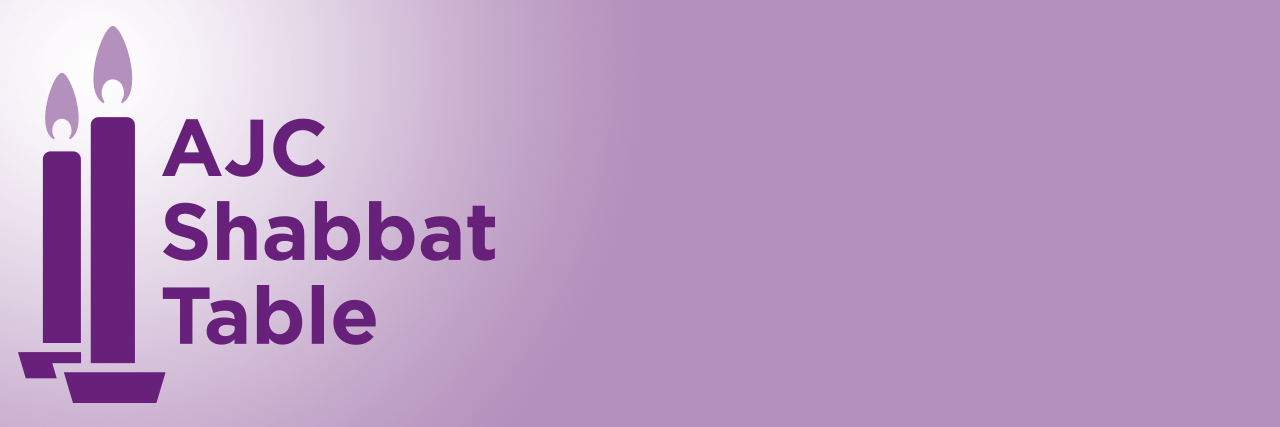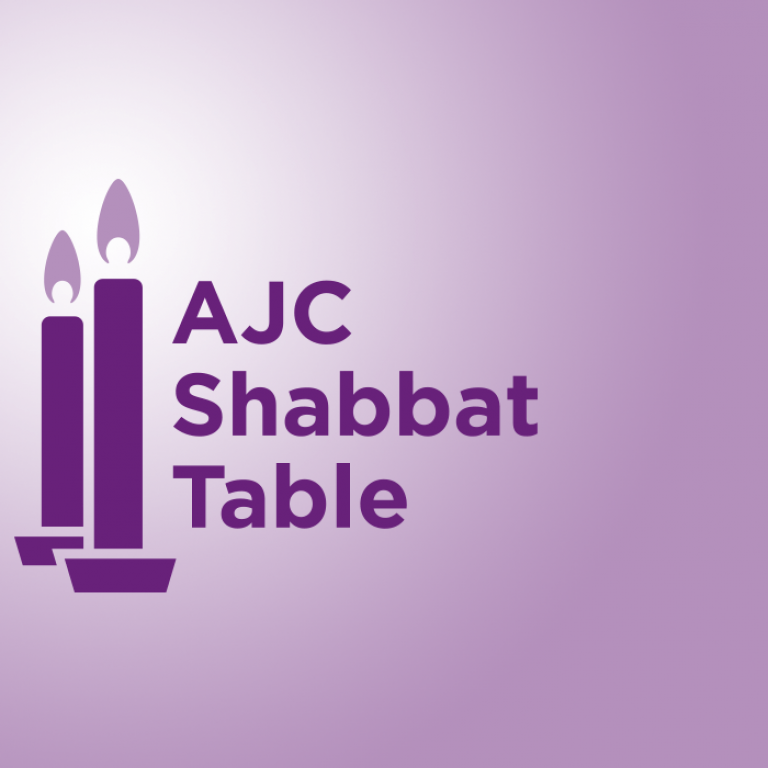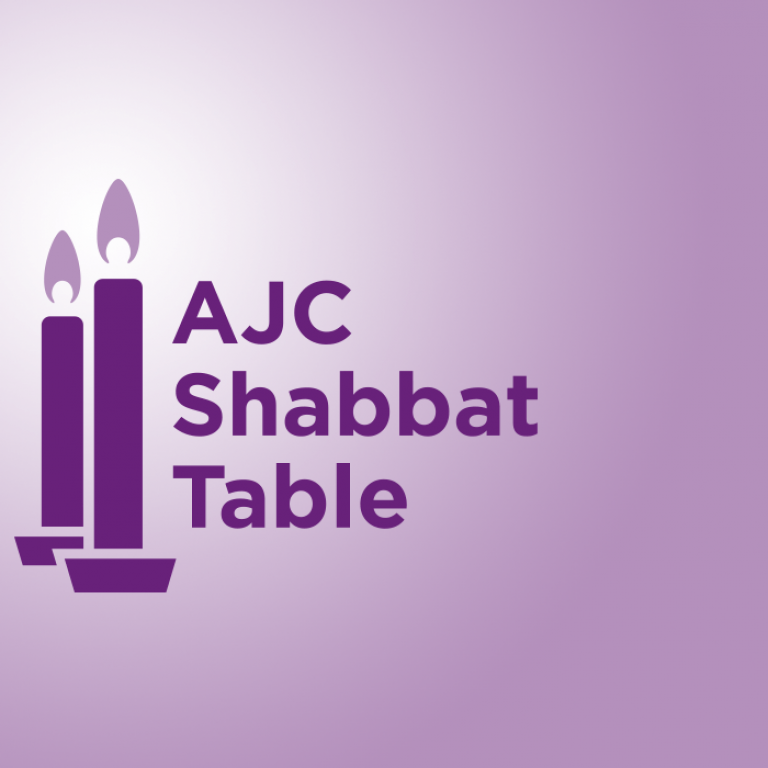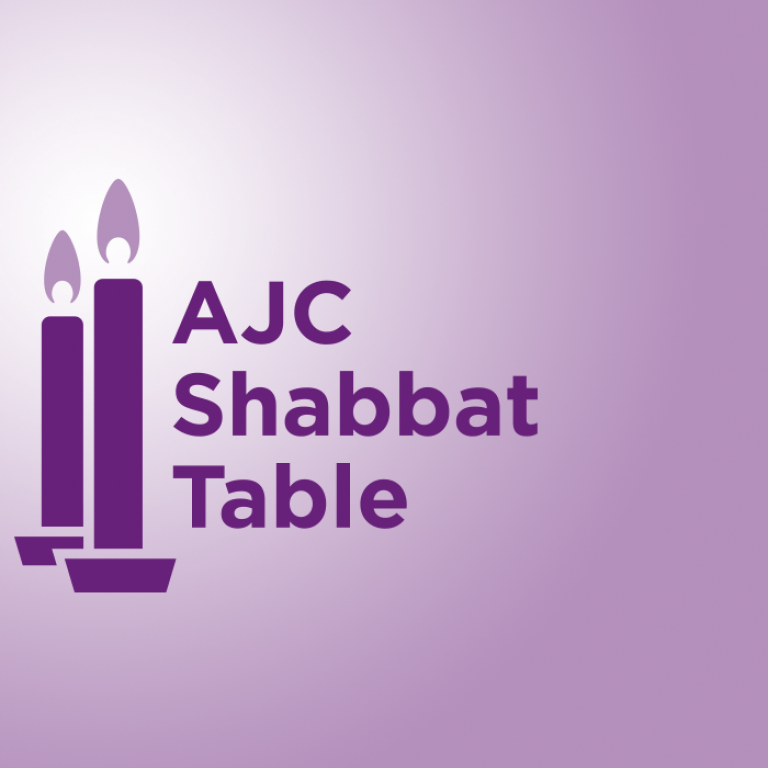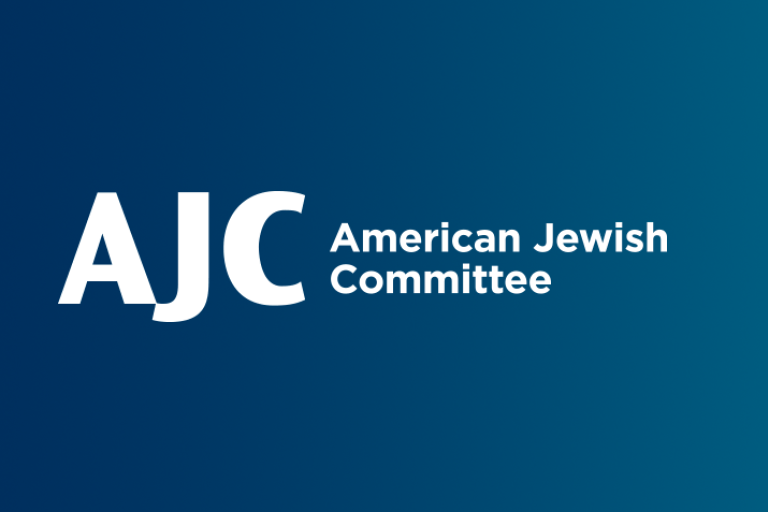January 22, 2021
This Shabbat: Parshat Bo
We’re all familiar with rom-coms that end with the romantic couple, having overcome all sorts of obstacles in their path, riding off into the sunset to live happily ever after. Those endings work nicely in the world of movies, but we all know that in real life, the story only first begins the day after the ride into the sunset. This week’s Torah portion, Parshat Bo, sheds light on a different way to think about the “ever after.” God has brought plague after plague upon the Egyptians, and finally, Pharaoh has had it. As Egypt struggles under the plague of darkness, Pharaoh says to Moses: FINE! You can leave and go worship your God. You can even take your children with you. But, you have to leave your livestock here in Egypt. You would think Moses would have grabbed that opportunity, but he doesn’t. Instead, he says to Pharaoh: You have to provide us with the sacrifices to offer up to God, and we’re taking our livestock with us too. We won’t know what we will need to worship God until we get there.
It is clear that Moses is trying to broker the best separation agreement he can with Pharaoh, but I see a deeper message in his words. Moses realizes that the story is not over once the Jews are free. This is not a movie where the Jews march out of Egypt beneath a rainbow while the credits roll. And, more importantly, he recognizes that the Jewish people’s lives on the other side of slavery must be influenced by what took place in slavery. They don’t yet know what tools they will need to recreate themselves as a free nation dedicated to justice and morality, but some of those tools will have been carried with them from their period of suffering.
We too are longing to leave our proverbial Egypt. We have been enslaved to Covid-19 for nearly a year, and we are longing for our happily ever after. But, as more and more of us get vaccinated and we start to dream of crossing into freedom, we must take note of Moses’ wisdom and remember to bring along our “property” from this terrible time. We have learned so much about communication, about loneliness, about public health, about the importance of community. Which of the tools manufactured during the pandemic will we need to employ once we are free? Like Moses, we won’t know until we get there. But, one thing we know for sure - we cannot sail off into the sunset the way they do in the romcoms. Like the Children of Israel, we must recognize that building our ever after is going to require bringing with us the lessons of our slavery.
This Week in Jewish History
January 27, 1945 - Auschwitz is Liberated by the Red Army
By January 1945, the Germans were well on their way to losing World War II. As Allied forces advanced into German-controlled territories, the Nazi army began to retreat. On January 27, 1945, the Red Army reached the Auschwitz concentration camp, one of the most notorious Nazi camps, located in Oswiecim, Poland. Over a million people, the vast majority of whom were Jews, were murdered there between 1940-1945. By the time the Red Army reached Auschwitz, there were only about 7,000 inmates left onsite. Approximately 60,000 had been forced by the Nazis to leave on a death march headed west toward Germany. The Soviets were not prepared for what they would find that cold day as they entered Auschwitz. They were shocked by the horror of what they found: dead bodies lying strewn in haphazard piles, and inmates who were living skeletons, wracked with terrible disease. Soviet soldiers did what they could to help the survivors, organizing food and medical care for them as well as documenting what they found for the historical record. In 2005, on the 60th anniversary of the liberation of Auschwitz, the United Nations designated January 27th as International Holocaust Remembrance Day, a day dedicated to commemorating and memorializing the tragedy of the Holocaust that resulted in the deaths of 6 million Jews and millions of others. As it is each year, this year’s International Holocaust Remembrance Day will be marked with programming and memorials to the 6 million Jews murdered by the Nazis, including two AJC Advocacy Anywhere programs: Resilience: A Holocaust Survivor Reflects on Life During the Pandemic on January 26 and AJC Remembers: 3 Generations of Holocaust Reflections and Testimonials on January 27. We hope you will join us.
For Shabbat Table Discussion - Good for the Jews?
Much has been made of the many Jews nominated for cabinet and senior positions in the Biden administration. The ranks include White House Chief of Staff Ronald Klain, the newly-confirmed Director of National Intelligence Avril Haines, as well as nominees for Secretary of State Antony Blinken, Treasury Secretary Janet Yellen, Attorney General Merrick Garland, and Homeland Security Secretary Alejandro Mayorkas. (One article quipped that there were enough for a minyan!) The American Jewish community takes great interest, and even pride in the disproportionately high number of Jews that attain significant positions in our government. But what does it actually mean for the American Jewish community that so many Jews will be serving at the highest levels of the Biden administration? Does their Jewishness help the Jewish community in any way? Should it?
Questions for your Shabbat table:
- Did you take note of the fact that many of Biden’s senior administration officials are Jewish? Did it make you proud?
- Do you think that the Jews serving in the Biden administration will feel a special responsibility toward the Jewish community and/or Israel? Should they?
- What does it mean about Jewish status in America that we are so disproportionately represented in these senior administration positions? How do we square this success with the reality of rising antisemitism on both the right and the left in America?
For more information and resources:
- Watch Antony Blinken’s speech at AJC’s 2015 Global Forum
- Read this fascinating article about Alejandro Mayorkas’ family’s escape from Nazi-controlled Europe and Cuba before arriving in the United States.
Shabbat shalom!
שבת שלום!
